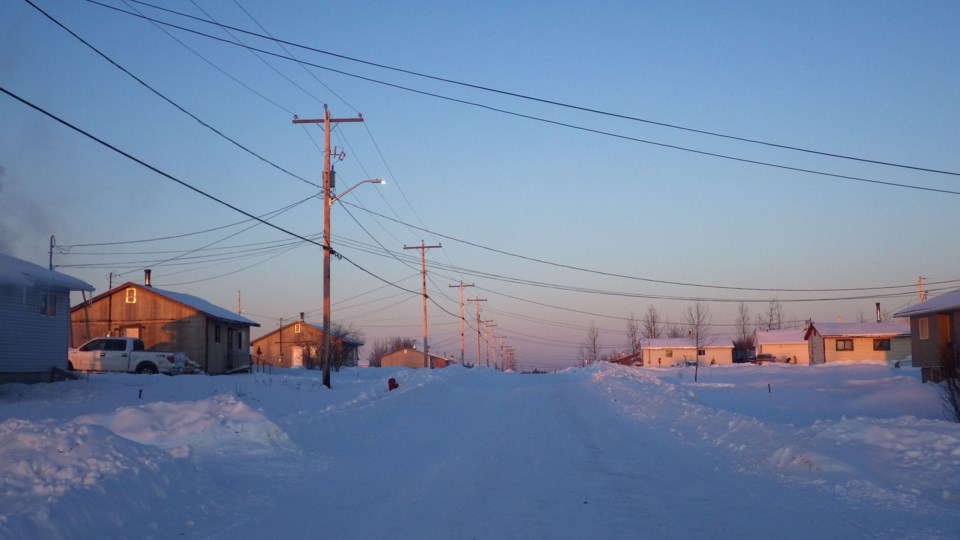SUDBURY — A wide-ranging climate adaptation research project is promising to make use of traditional Indigenous and western knowledge to provide First Nations with tools to deal with climate change.
The partnership is between Laurentian University’s Up North On Climate initiative and four regional First Nations councils: Keewaytinook Okimakanak, Nokiiwin Tribal Council, Cree Geomatics at Mushkegowuk Council and Four Rivers Environmental Services Group at Matawa First Nations.
The project is aimed at increasing capacity of staff in First Nations to conduct climate change impact and risk assessments, and to aid in future community planning, according to a federal government media release in late January announcing over $540,000 in funding for the initiative. The online resource, called a GeoHub, is intended to be “an online one-stop shop for climate change adaptation tools,” said Chantal Sarrazin-Delay, the program lead for Up North On Climate.
And while the site is still being constructed, Sarrazin-Delay said that the focus will be on displaying their research with a strong emphasis on visuals.
“So, very highly visual, a lot of ways for people to consume it,” she said. “There's a lot of videos, a lot of images, not a lot of words, and there's narration available and, yeah, just very visual.”
“We've brought in a lot of pictures that are from the north, so people can identify very well with it.”
The site will focus on eight themes related to climate change, Sarrazin-Delay said. They are drought, flooding, food security, health, infrastructure, ecosystems, transportation and wildfire.
An executive summary for the project said the resource will include western and Indigenous science, as well as climate data, maps, case studies and “collaboratively developed visual tools to support adaptation planning.”
“The content is a blend of technical information and narrative, offering rich storytelling alongside data-driven insights,” the summary said. “Users will be guided through a series of resources using StoryMaps, each addressing one of eight key climate impacts.”
Having these tools focused on First Nations across northern Ontario is very important, Sarrazin-Delay said, as it’s these communities who are often disproportionately impacted by climate change.
“First Nations are one of the most impacted by climate change because of their cultural ties to the land,” she said. “So, it's important for them to be able to adapt to the changes that they're already seeing and the changes that are coming into the future.”
The partnership has all of the resources it needs to build the various themed sections of the GeoHub, Sarrazin-Delay said, adding she anticipates the site will be fully completed by December 2026. They’re also working at having the resource available in Ojibwe, Oji-Cree and Cree languages, including the narration.
“I just really want it to be out there so people can use it,” she said. “We're obviously going to be spending some time trying to advertise it and promote it.”
